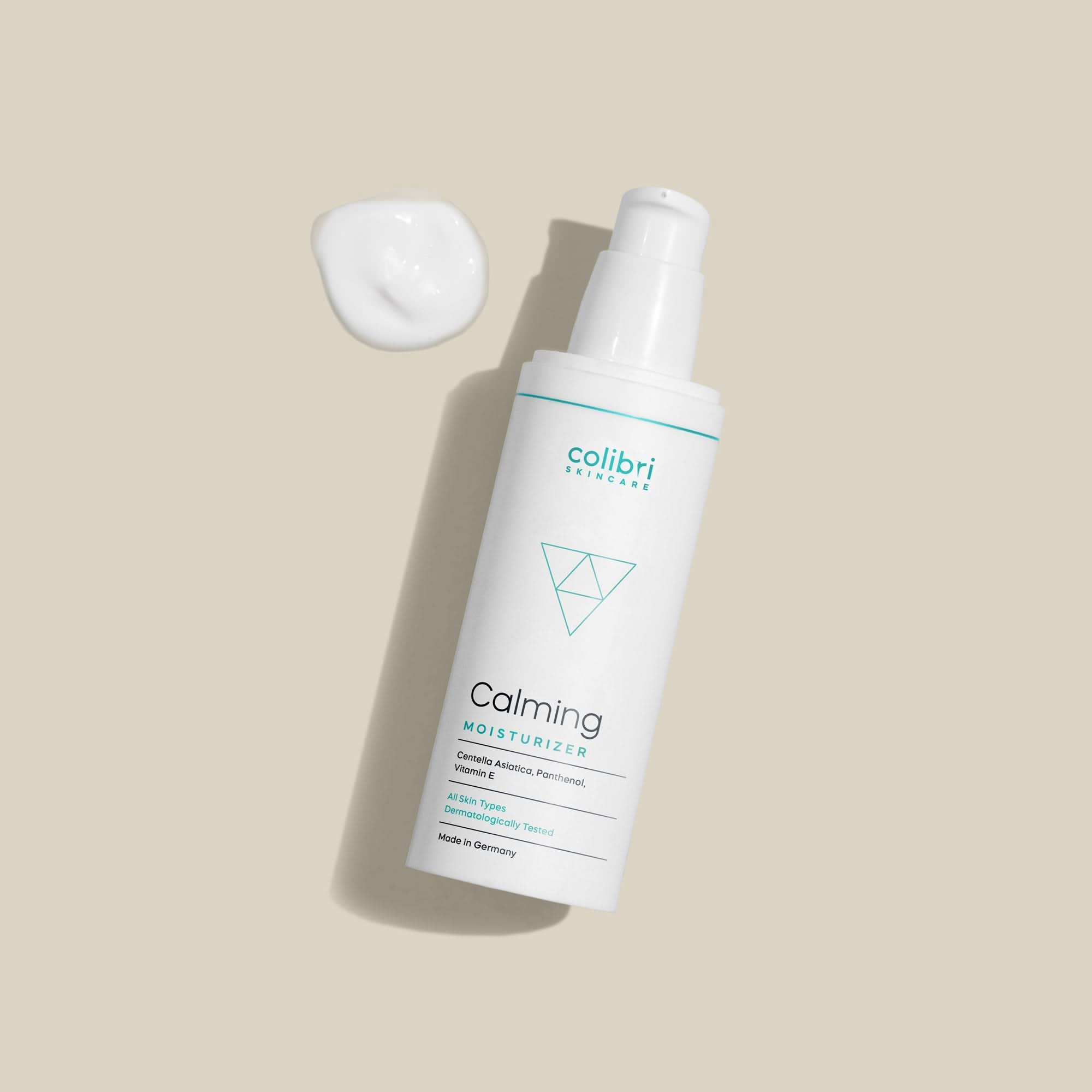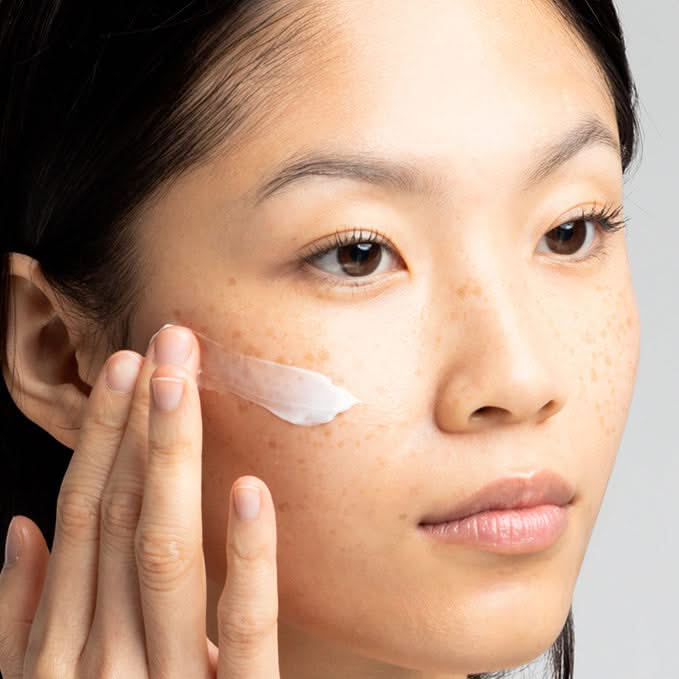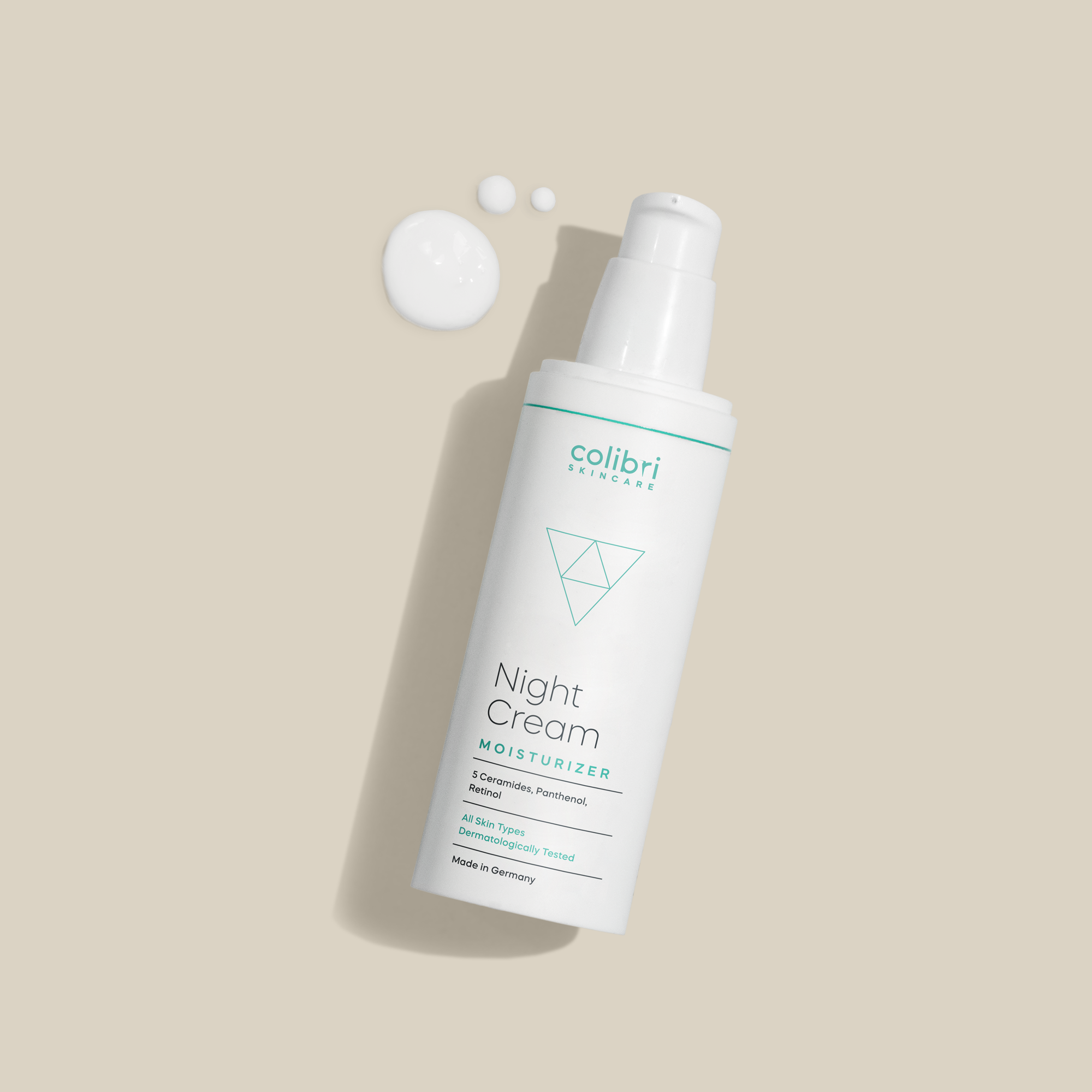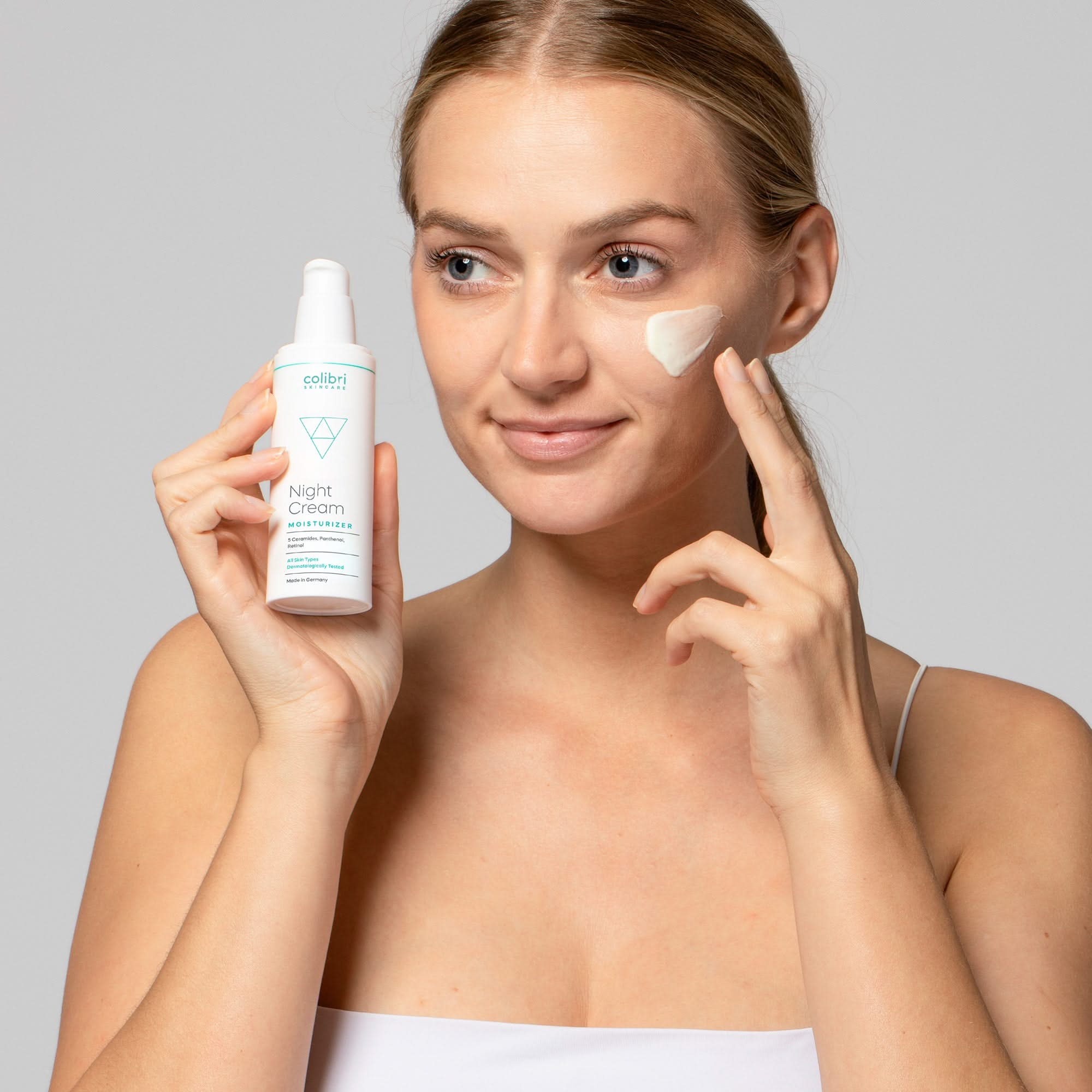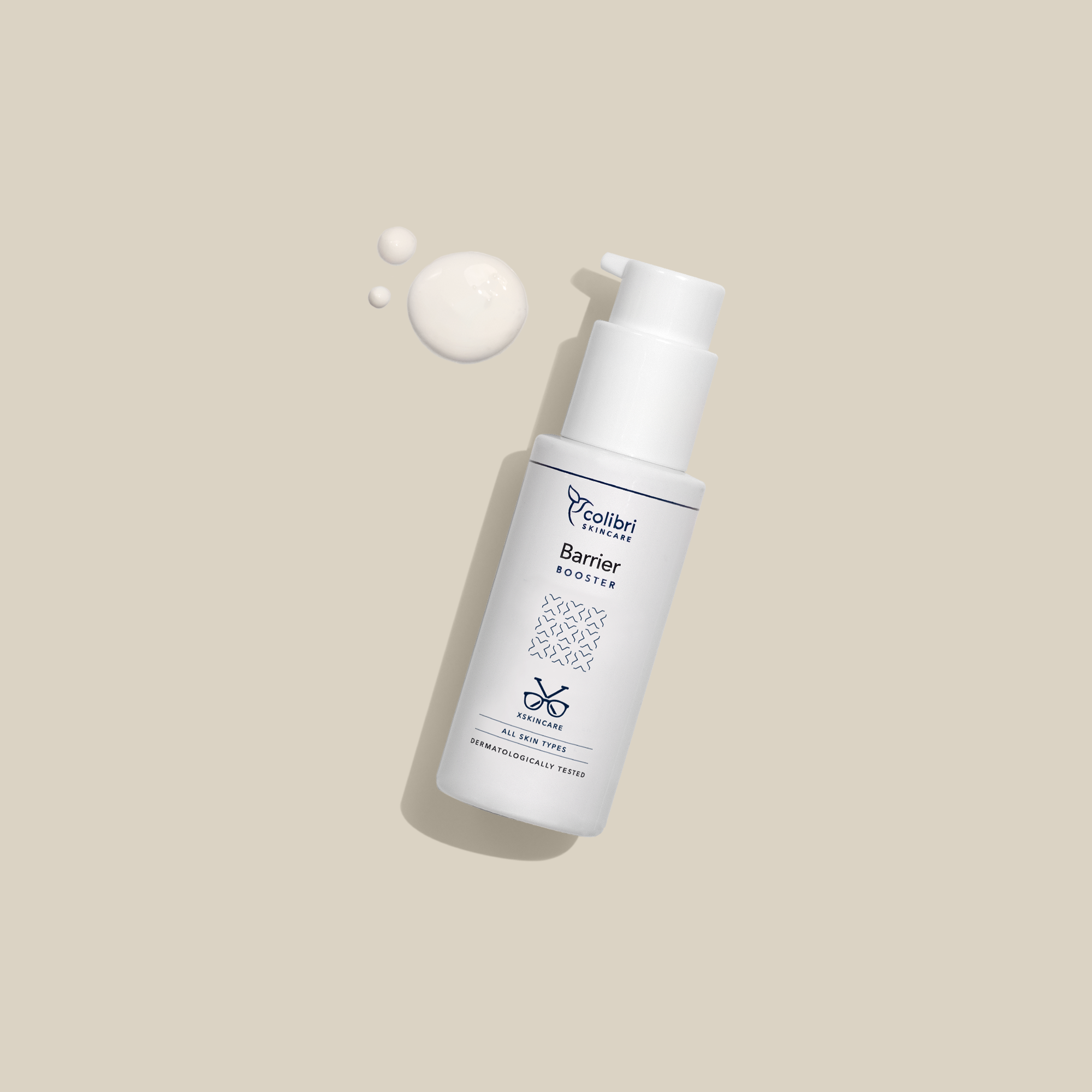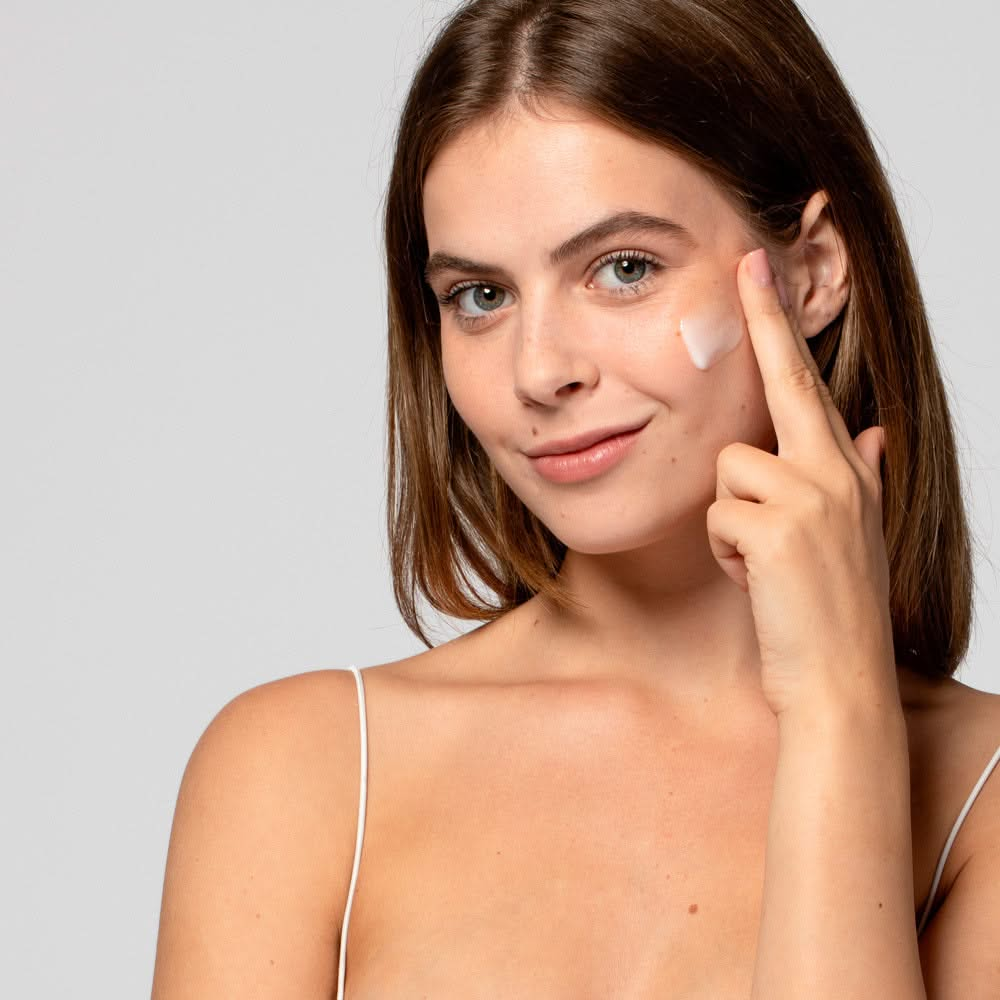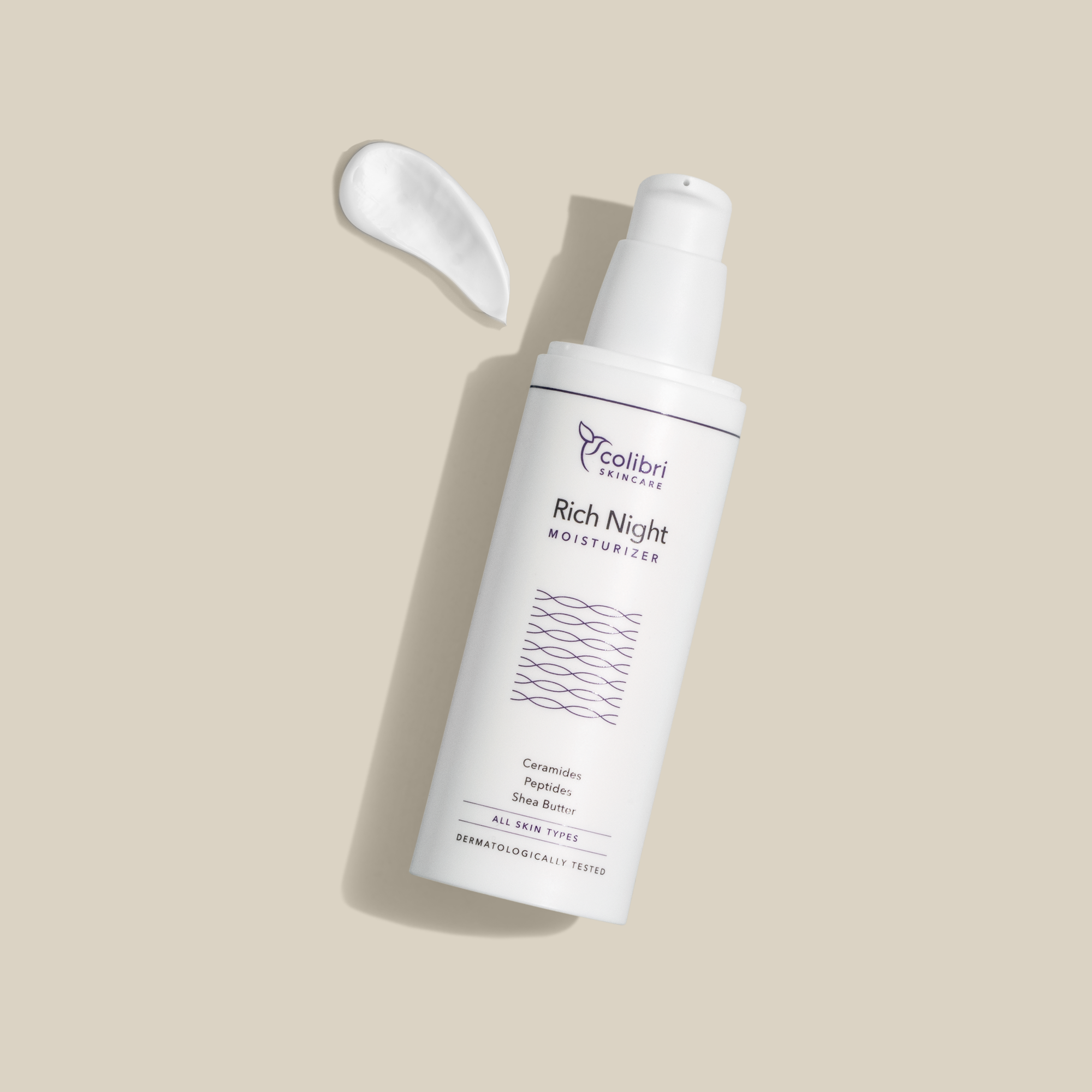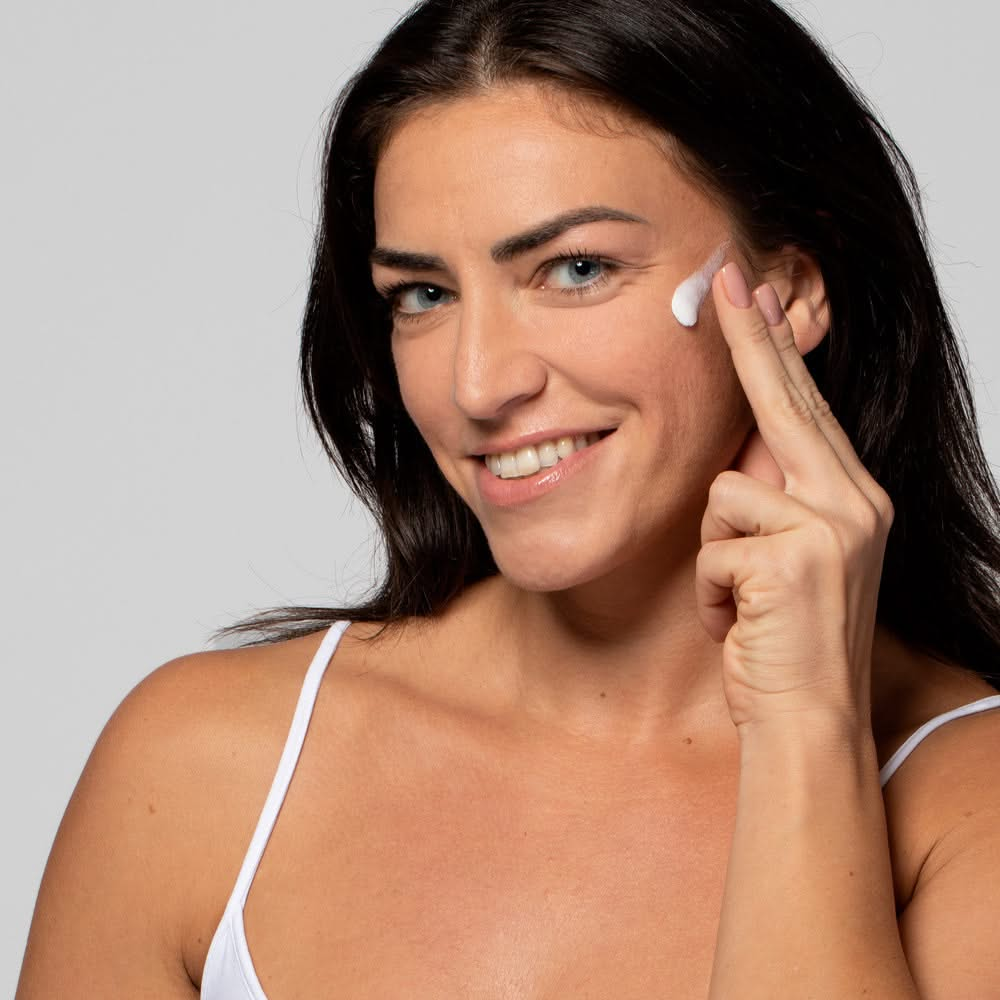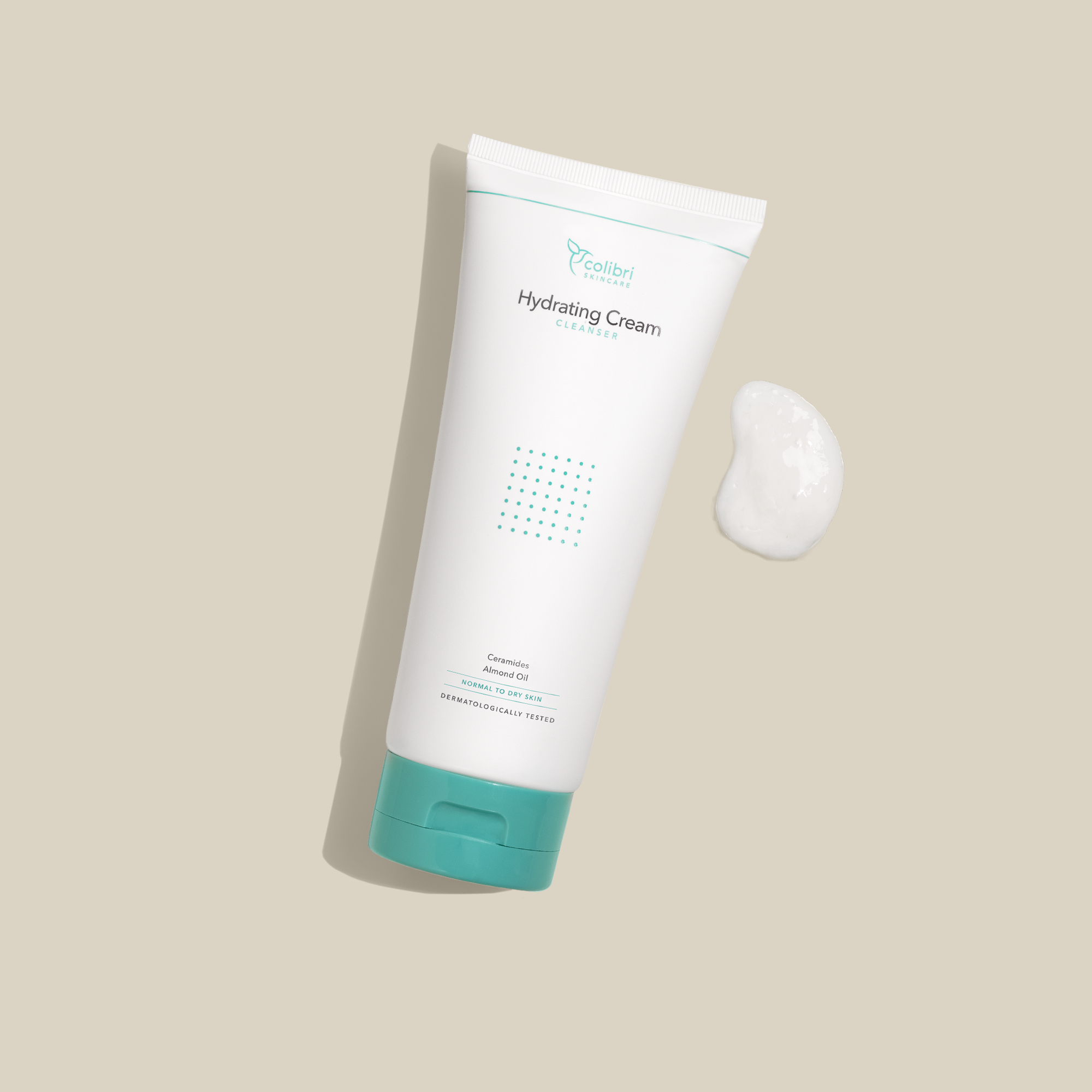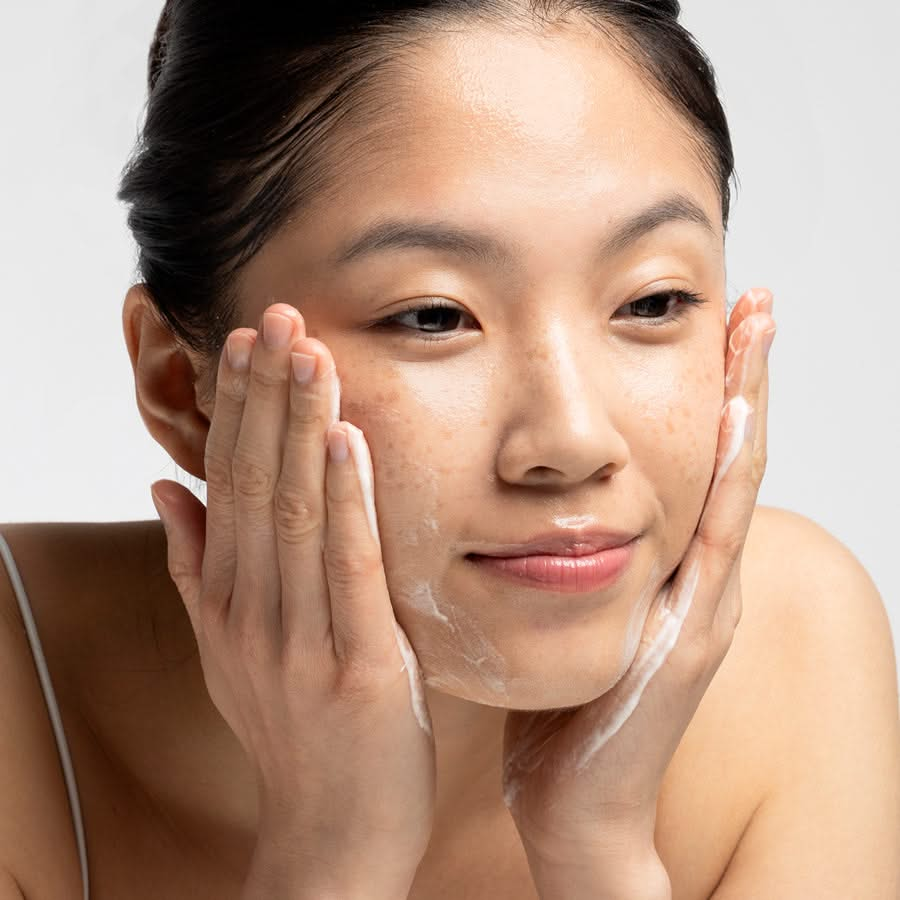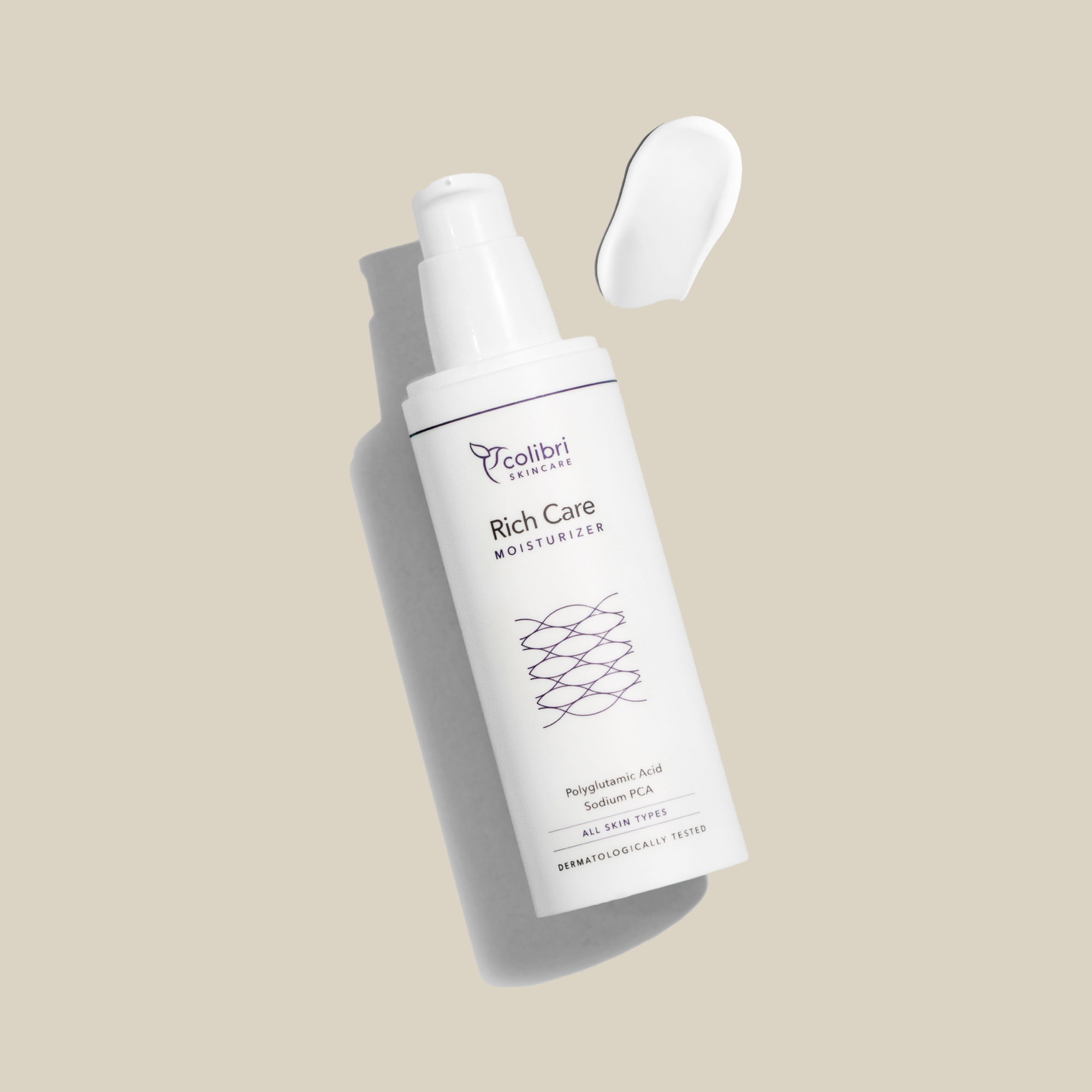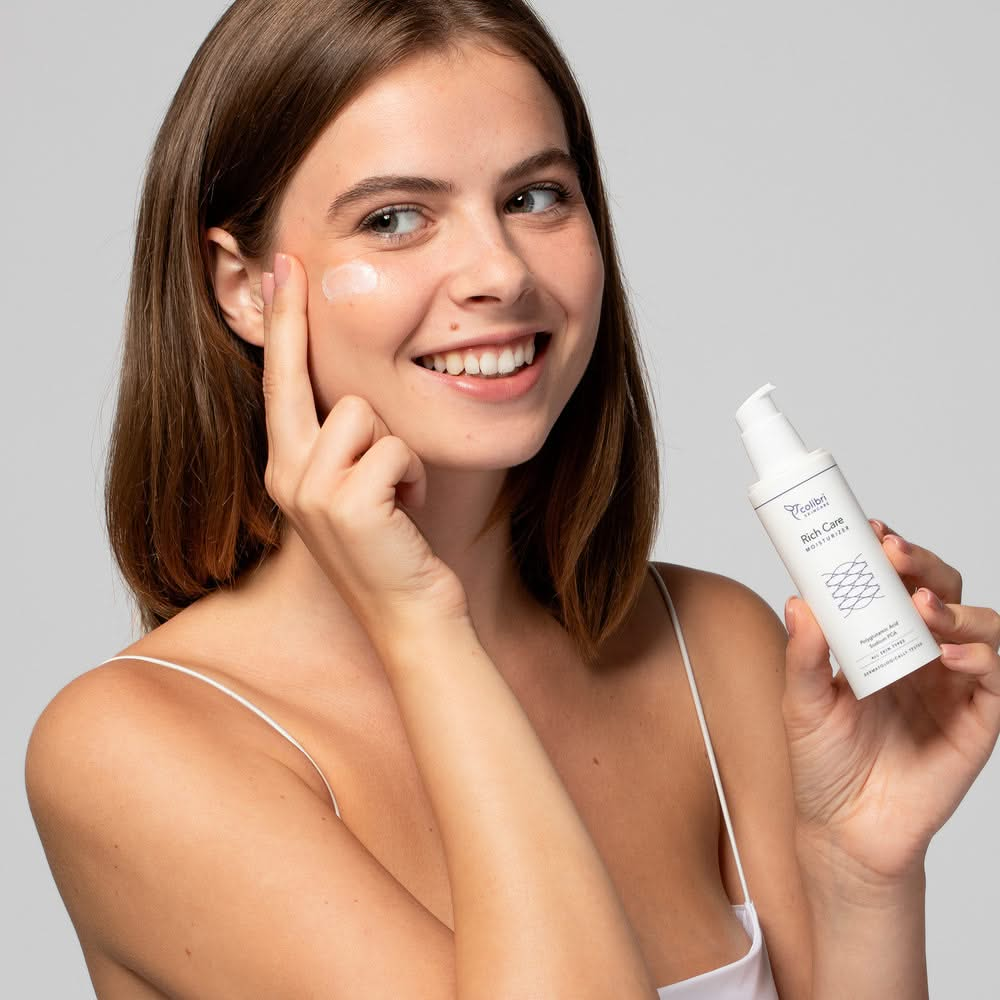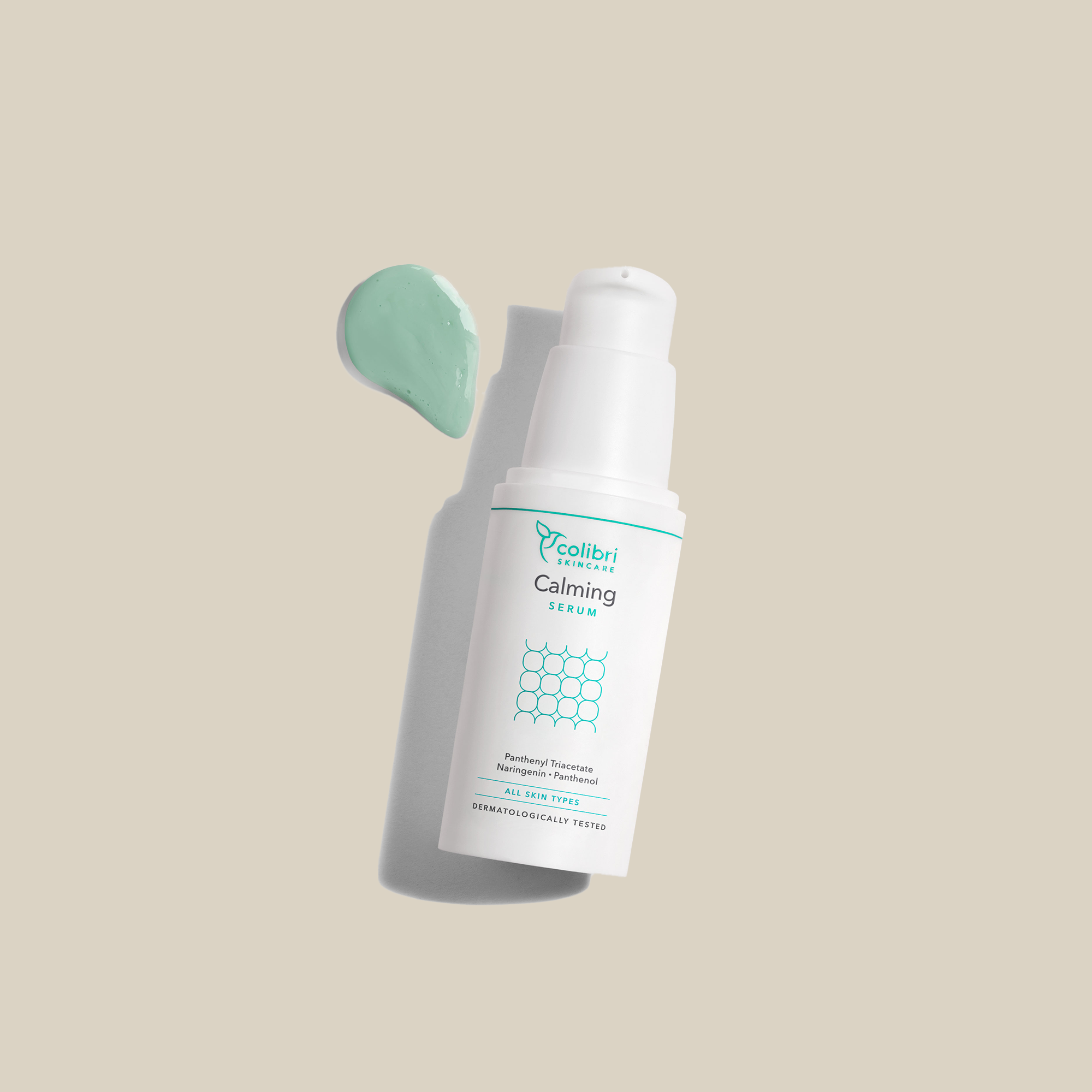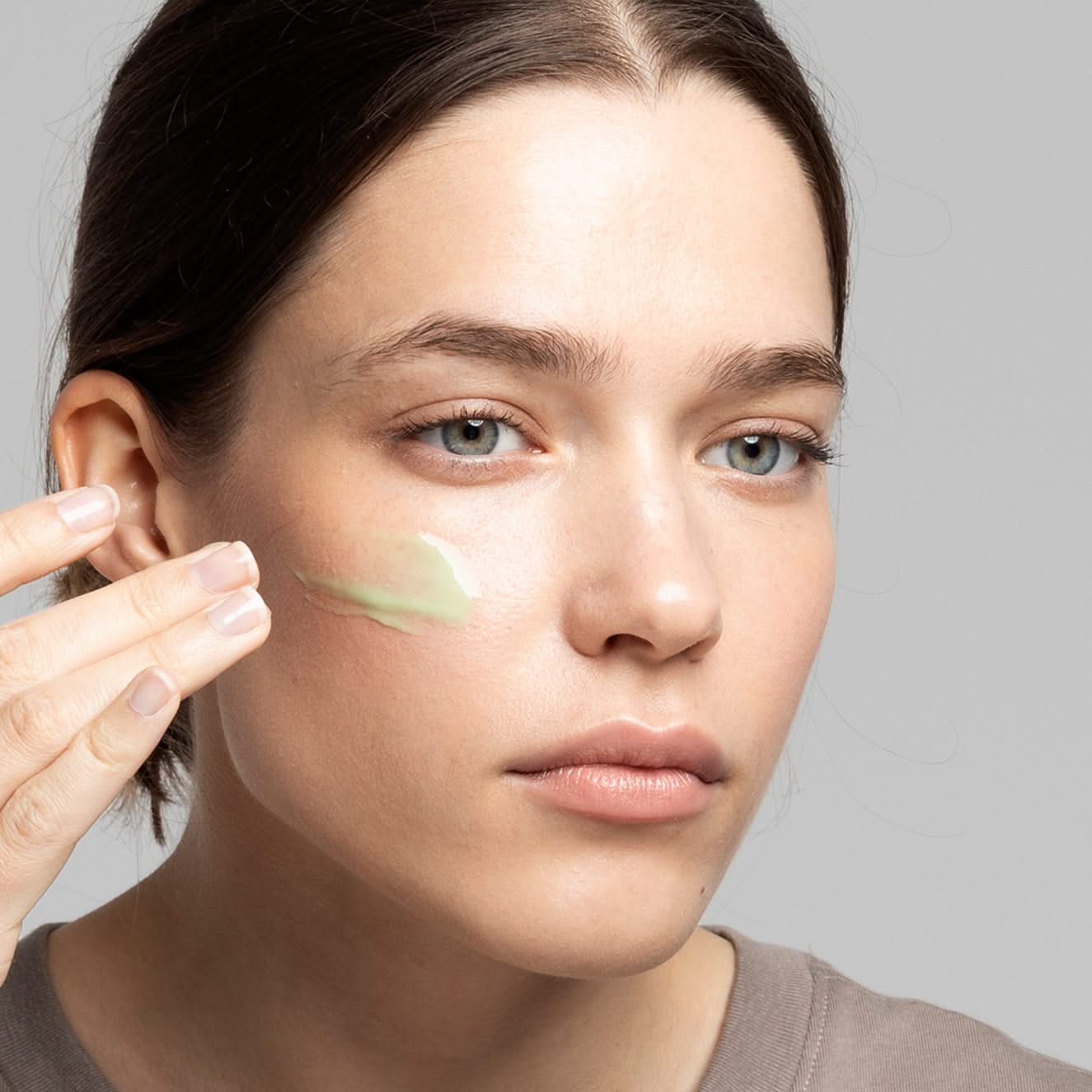What is the skin barrier actually?
The skin barrier is our skin's natural protective layer and plays a crucial role in skin health. It consists of lipids, ceramides, and horny cells that together act like a protective layer. Their job is to retain moisture in the skin while fending off harmful influences such as bacteria, pollutants, or UV rays. An intact skin barrier ensures a smooth, even, and radiant complexion.
Symptoms of a disrupted skin barrier
A compromised skin barrier often manifests itself in significant changes in the skin's appearance. Typical signs include dry, rough, or tight skin that feels uncomfortable and loses moisture quickly. Redness, irritation, and increased itching also frequently occur, as the skin reacts more sensitively to skincare products and environmental influences. In this condition, the skin's protective function is severely impaired, making it more susceptible to inflammation. To be on the safe side, it's worth examining your skincare habits and environmental influences.
Causes of a weakened skin barrier
The causes of a weakened skin barrier are diverse and range from external influences to internal factors. Damage is often caused by overly intensive cleansing with aggressive products that strip the skin of its natural lipids. Environmental influences such as cold, heat, or air pollution also severely damage the protective layer. Stress, an unhealthy diet, or an unbalanced lifestyle can further worsen the condition. Incorrect skincare products with irritating ingredients, as well as natural skin aging, also contribute to the skin barrier losing its function. From around the age of 30, the production of ceramides, lipids, and hyaluronic acid in the skin gradually decreases. As a result, the skin loses moisture, and its barrier function weakens. Cell regeneration also slows with age, making the skin more susceptible to damage. Hormonal changes, such as those during menopause, can also affect the structure and stability of the skin barrier.

